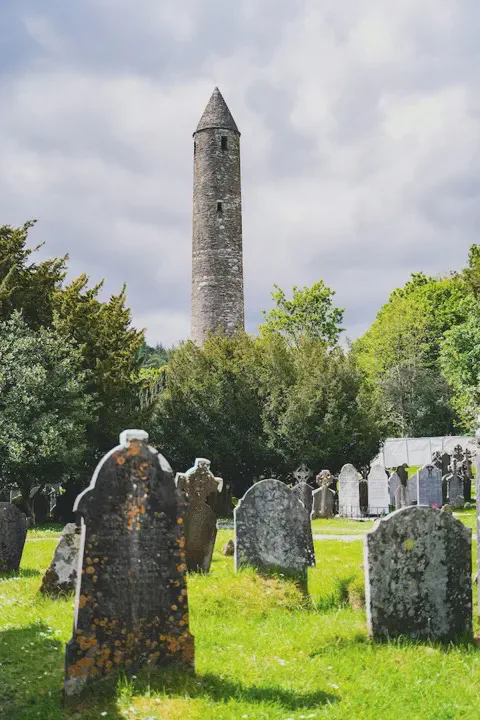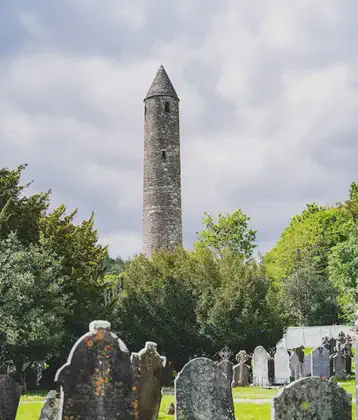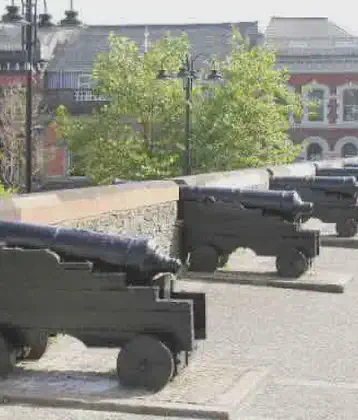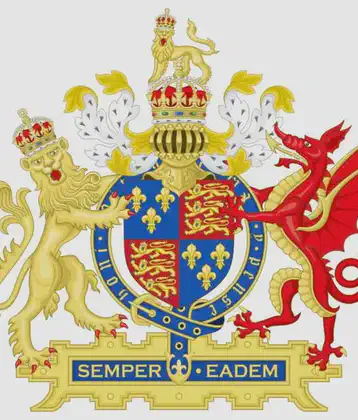July 31st, 1689
The Jacobite war broke out in 1689, when the Catholic King James II of England, was removed from the throne, by a revolution that brought his son in law, the Protestant William of Orange to power. James fled to France and with the backing of King Louis, arrived in Ireland on 12th of March with a French army. Ireland with the exception of a large part of Ulster had remained loyal to James, and he hoped to use it as base from which to recover the English throne.
Although the war in Ireland was only a secondary front in a much larger war between the European powers, the result determined the political and religious freedoms of those who would live in Ireland for the following two centuries. The two sides were more evenly matched that in any other Irish war. Because victory was guaranteed to neither side, the Jacobite war is one of the most critical points in Irish history.
The siege of Irish Protestant stronghold Derry, proved more difficult than anticipated by the Jacobite regime. Hindered by a lack of equipment, an undisciplined army, and an unenterprising command, Jacobite failed in their attempts to seize the city and instead had to resort to a blockade.
On July 31st Lieutenant Colonel William Berry left Enniskillen with the cavalry, Wolsley followed with the infantry. Mountcashel hearing of Wolsleys approach sent Hamilton with a regiment of dragoons to block the Williamites. They were ambushed by Berry at Lisnaskea, defeated and withdrew to Dublin. Mountcashel moved forward to Newtownbutler and waited for Wolsley. When he reached Newtownbutler the Williamite commander launched a frontal attack over a bog. The Jacobite left flank broke, and they were routed. Large numbers of Jacobite troops were killed in the retreat. It was this rout that gave Bloody pass on the Cavan, Fermanagh border its name. Wolsley withdrew to Enniskillen fearing another attack from Sligo.
The Jacobite armys failures at Derry and Enniskillen were soon followed by disorder and widespread desertion.



